
Rachael Drake, pharmacy technician coordinator, University of Kansas Health System, explains how her team collaborates with insurance companies and providers to support treatment access for patients with non-Hodgkin lymphoma.

Rachael Drake, pharmacy technician coordinator, University of Kansas Health System, explains how her team collaborates with insurance companies and providers to support treatment access for patients with non-Hodgkin lymphoma.

A pair of studies from The American Society of Hematology (ASH) Annual Meeting & Exposition provides insights into the prognostic utility of geriatric assessment tools and their role in tailoring therapy to improve patient outcomes.

The health care provisions include key reforms targeting pharmacy benefit managers, extensions of Medicare telehealth flexibilities, and measures aimed at combating the opioid crisis and preparing for future pandemics.
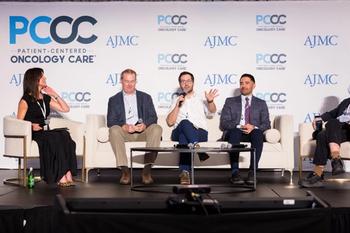
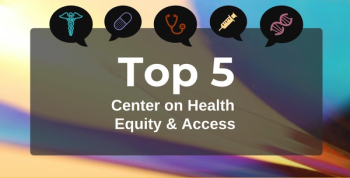
Throughout 2024, the Center on Health Equity & Access explored critical gaps in health care access and innovative efforts to address them.

Recent analyses spotlight inequities in health care, from the financial burdens faced by employees at small firms due to higher insurance costs to disparities in data and ovarian cancer survival among racial and ethnic groups.

Robin Glasgow, MBA, executive leadership advisor of Spencer Stuart, discusses the critical role of data in health care, emphasizing the need to address pervasive biases in data collection and algorithms.

A pair of studies presented at the 2024 American Society of Hematology (ASH) Annual Meeting & Exposition highlight continuing gaps in hemophilia care despite the availability of prophylactic therapies.

Innovations in rare blood disorders took center stage at the 2024 American Society of Hematology (ASH) Annual Meeting & Exposition, with key research presented on immune thrombocytopenia, hemophilia, and multiple myeloma.
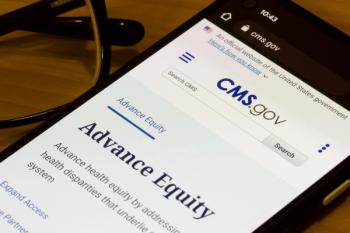

The Center on Health Equity & Access provides news and expert insights on research, health policy, and the impact of social determinants on health.

Promising topline results from a phase 3B study show the efficacy and quality of life (QOL) improvements of iptacopan (Fabhalta) as a twice-daily oral monotherapy for adult patients with paroxysmal nocturnal hemoglobinuria (PNH) who transitioned from anti-C5 therapies.

Despite promising outcomes for certain conditions, use of psychedelics and MDMA-assisted therapies are associated with risks, especially as treatment use expands beyond controlled clinical settings.

Older adults from Hispanic, Asian, and non-Hispanic Black populations in the US are more likely to reach age 100 compared with their non-Hispanic White peers.

Older adults in the United States are disproportionately affected by health care costs compared with their counterparts in other wealthy nations.
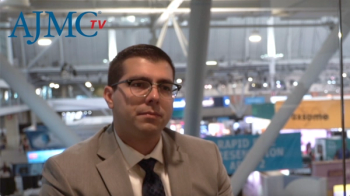
In part 2 of our interview, Cesar Davila-Chapa, MD, discusses key findings, limitations, and future research directions from his study on racial disparities in idiopathic pulmonary fibrosis (IPF) outcomes.

While race-aware models showed superior statistical calibration across racial and ethnic groups, their benefits in clinical decision-making were less pronounced than expected.

Experts are now urging the inclusion of sickle cell disease in the global health agenda to address disparities in treatment access.

The Center on Health Equity & Access highlights news and expert insights on research, social determinants of health, and health policy.

While name brands like Adderall and Vyvanse may have been recently removed from the FDA Drug Shortage Database, it's unclear if it'll last; meanwhile, many generic forms of attention-deficit/hyperactivity disorder (ADHD) medication are still in short supply.

Despite challenges such as high attrition rates and adverse events, the trial highlights the value of established therapies in improving outcomes, particularly in regions with limited access to chimeric antigen receptor T cells and bispecific antibodies.

Americans are underinsured, even with employer-based health plans; a thorough critique of the lack of representation among Black patients in clinical trials showcases a persistent theme; systemic barriers in cardiology, breast cancer, and patent systems are examined.

Iron deficiency represents more than a medical condition; it is a reflection of persistent health disparities, according to an editorial published in The Lancet Haematology.

The Wellness Way facility was designed to improve access to comprehensive outpatient care and address social determinants of health for a diverse patient population.

Despite significant progress in expanding health insurance coverage since the Affordable Care Act (ACA) was enacted, millions of Americans still face critical gaps in access to and affordability of health care.

Patients with chronic liver disease who were unable to establish care were 85% more likely to require recurrent hospitalizations. This group included a disproportionate number of women and individuals with physical limitations affecting their health.

The Center on Health Equity & Access showcases the latest news and expert perspectives on research, social determinants of health, and health policy.
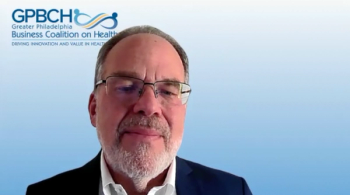
The upcoming Greater Philadelphia Business Coalition on Health (GPBCH) 2024 Mental Health Summit aims to address the growing recognition among employers of the critical role mental health plays in workplace productivity and overall well-being.

Robert F. Kennedy Jr, a prominent antivaccine activist and former independent presidential candidate, has been nominated to lead HHS, where he would oversee significant aspects of the nation’s public health policy.
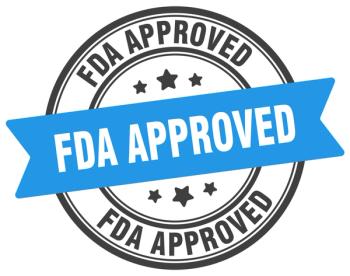
The FDA has granted approval to Azurity Pharmaceuticals' nilotinib tablets (Danziten), a novel version of the tyrosine kinase inhibitor for chronic myeloid leukemia that can be taken without mealtime restrictions.

259 Prospect Plains Rd, Bldg H
Cranbury, NJ 08512
© 2025 MJH Life Sciences®
All rights reserved.
